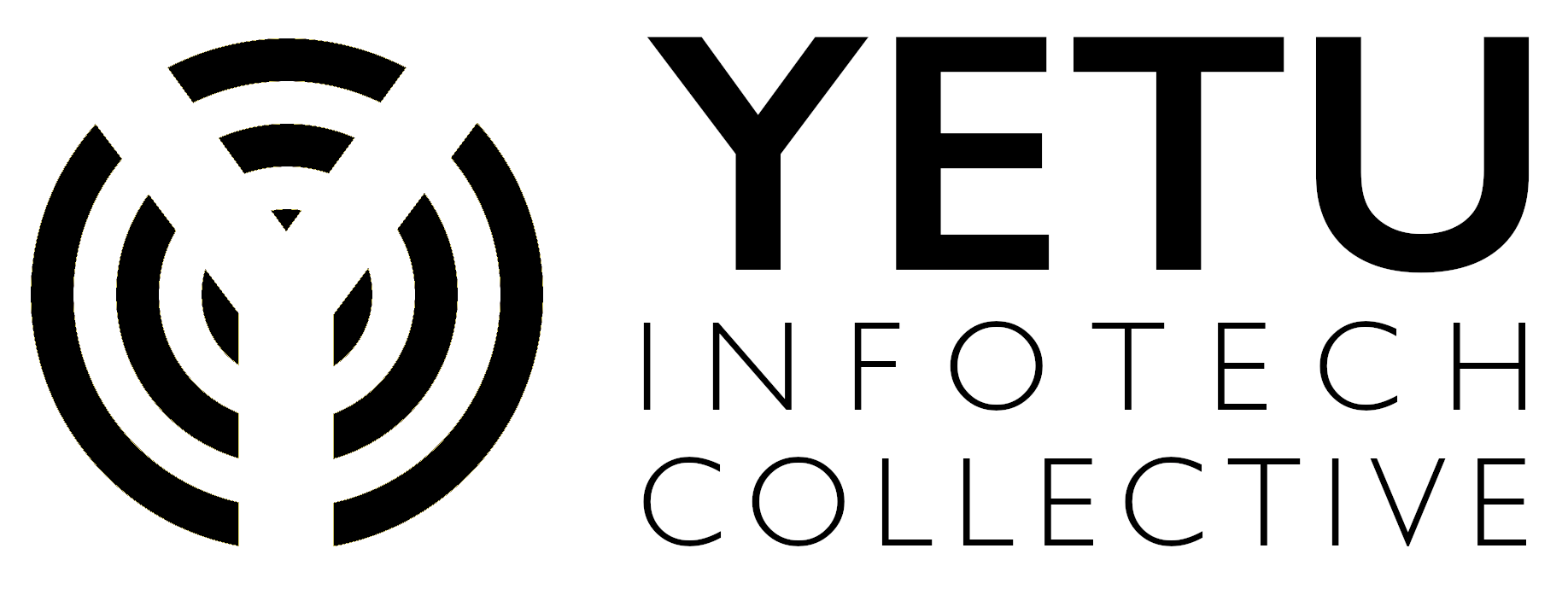Yetu has joined to campaign to #SaveFreeTV initiated by the Peoples Media Consortium, Right2now, SOS Coalition, and Cape Town TV. #SaveFreeTV has 8 demands including a delay to the analogue TV signal switch-off and that Government deliver on the promise of 10GB of free data a month is implemented.
Here’s the statement we endorsed:
Demand Government #SaveFreeTV
After years of mismanagement and corruption, the Communications Minister declared in a statement on the evening of Monday 28 February that the Government intends to switch off all analogue television signals in less than a month – on 31 March 2022.
Everyone in South Africa without digital TV equipment or satellite service will lose access to a vital source of news, information and entertainment. Millions of the most poor and marginalised will be further excluded from our democracy and access to their basic rights.
These figures suggest that more than a third of all TV households – over 14 million people – will not have access to free-to-air TV services if the analogue switch-off (ASO) happens at the end of March.
There are just under 16 million TV households in South Africa and around 36.2% of them currently access television via analogue-only transmission. As of October 2021 only 4% had digital reception devices installed. To date, just over 1.34 million households have registered for free set-top boxes but there is a massive backlog in supply and delivery, with only 616,871 having been installed so far.
In addition to the failed roll-out of Set Top Boxes, the Department of Telecommunications and Postal Services (DTPS) has failed to disburse promised funding to free-to-air broadcasters to run effective public awareness campaigns on the need to migrate and the desirability of choosing the free-to-air DTT platform in preference to pay-TV options.
If the Free-to-air TV stations (SABC, eTV, and community stations such as Cape Town TV) lose more than a third of their audiences they will certainly face financial ruin. This will decimate our already limited media diversity, in particular for marginalised language groups.
This could be a critical nail in the coffin of public broadcasting as those that can afford it will continue to abandon public TV services (SABC & Community TV) and move to private companies like Multichoice, Netflix, and OVHD. This would further entrench inequality in South Africa between those spoiled for choice and those left without any TV access at all.
The Communications Minister is under pressure from dominant telcos (MTN & Vodacom) to switch off analogue terrestrial broadcasting to release valuable spectrum for mobile phone operators. Experts advise that the spectrum in most demand is not used by TV broadcasters.
eTV , the SOS Coalition and Media Monitoring Africa are challenging the Government in court in an effort to delay the analogue switch off and allow time for a properly resourced migration.
But those most affected – the analogue TV viewers – remain largely unaware that they are about to lose access to one of their only means of accessing information, and their voice is absent in shaping the government’s approach.
The #SaveFreeTV campaign is mobilising those who have the most to lose – those most marginalised by poverty, in remote areas who have great barriers to accessing satellite or internet services.
WE DEMAND
- Delay the final Analogue Switch-Off for frequencies until the following conditions have been met:
- The release of promised funding from USAASA to enable free-to-air channels to launch a communications campaign to educate the public on the benefits of DTT and motivate them to migrate. In order to be effective, this campaign should be rolled out over a six-month period from the time said funding is received.
- A minimum of 95% threshold has been reached with regards to the installation of subsidised set top boxes for indigent households.
- The Department of Trade and Industry must implement an immediate ban on the import of digital TV sets without a built-in digital tuner (dumping).
- An undertaking that ALL free-to-air broadcasters will be included in consultations with the Minister during this period.
- That the Minister consults with the free-to-air broadcasters to come up with a compromise position on a managed, responsible and phased switch-off that protects free-to-air TV while at the same time freeing up spectrum for the digital dividend that is affordable broadband internet.
- That government continue to pay Sentech for the transmission costs of community TV stations on the digital multiplex (as it has during the dual illumination period) until such time as the policy process on Audio and Audio Visual Content Services has formalised a reasonable tariff structure or support mechanism for subsidising community TV transmission costs.
- A commitment to ensure prominence and accessibility of free-to-air services on digital TV sets and internet TV boxes.
- The formulation of policy to ensure that public service content is zero-rated on OTT platforms operated by telcos that benefit from the digital dividend.
- The Communications Department ensures that within three months of the reallocation of the spectrum, the promise of 10GB of free data a month is implemented.


